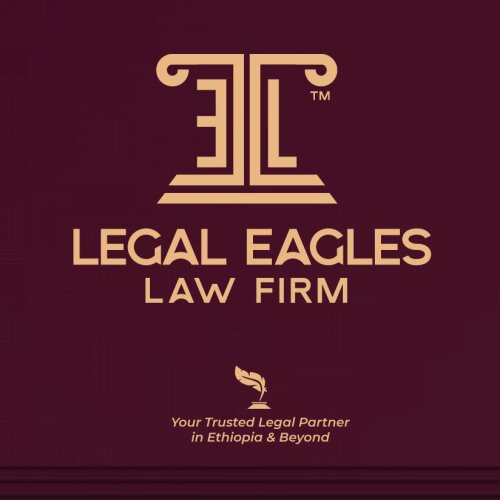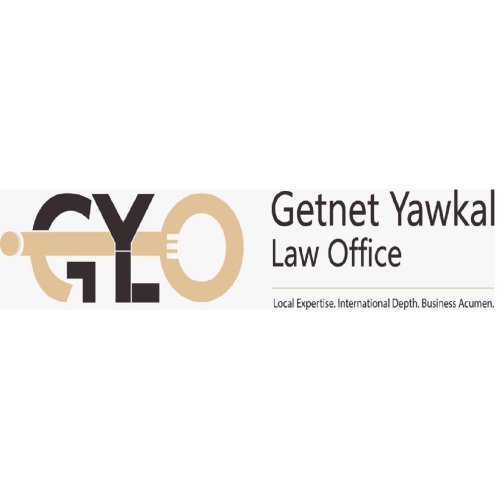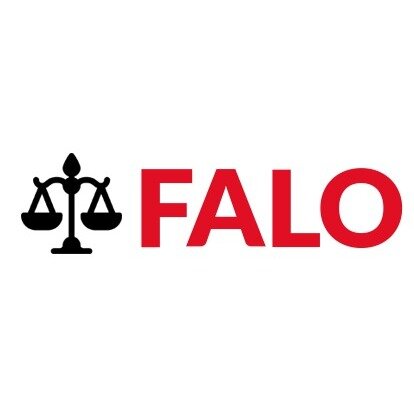Best Art & Cultural Property Law Lawyers in Ethiopia
Share your needs with us, get contacted by law firms.
Free. Takes 2 min.
Or refine your search by selecting a city:
List of the best lawyers in Ethiopia
About Art & Cultural Property Law in Ethiopia
Art & Cultural Property Law in Ethiopia is a specialized legal field that deals with the protection, preservation, and management of the country's rich cultural heritage. This includes artifacts, historical sites, and cultural expressions. Ethiopia, known for its diverse history and archaeological significance, has a framework of laws and regulations designed to safeguard its cultural properties against illegal trafficking, damage, and exploitation. The country is also a signatory to several international treaties and conventions that influence its local legislation on cultural property.
Why You May Need a Lawyer
Legal assistance in Art & Cultural Property Law may be required in various scenarios, such as:
- Ownership disputes over cultural artifacts.
- Legal proceedings involving the illicit trafficking of cultural property.
- Seeking permission for archaeological excavations.
- Dealing with restitution claims for cultural objects returned or claimed by foreign governments or individuals.
- Ensuring compliance with local laws when dealing with art collections and exhibitions.
- Negotiating cultural property agreements with private or governmental entities.
- Engagement in activities that may impact heritage sites, requiring legal clearances.
Local Laws Overview
The legal framework governing Art & Cultural Property in Ethiopia is multifaceted, involving different aspects of law and international conventions. Key points include:
- The federal constitution emphasizes the protection of cultural heritage as a national priority.
- There are specific laws governing the export and import of cultural properties, aiming to curb illegal transactions.
- To conduct excavations or research on cultural heritage sites, permissions must be obtained from relevant governmental bodies.
- Registration and documentation are mandatory for historical artifacts, which aids in their legal protection.
- Institutions like the Ethiopian Ministry of Culture and Tourism are pivotal in the management and preservation of cultural heritage.
Frequently Asked Questions
What is considered cultural property in Ethiopia?
Cultural property in Ethiopia includes historical artifacts, monuments, traditions, and other expressions of cultural significance that contribute to the country's heritage.
Can cultural property be privately owned?
Yes, cultural property can be privately owned, but it is subject to various regulations and registration requirements for preservation and protection purposes.
What are the penalties for illegally exporting cultural artifacts?
The penalties can include significant fines, imprisonment, and the confiscation of the illegally exported items.
How do international treaties impact Ethiopian Cultural Property Law?
International treaties contribute to forming the legal basis that governs issues like cultural property restitution and the prevention of illicit trafficking of artifacts.
Who governs the management of cultural properties in Ethiopia?
The Ministry of Culture and Tourism, alongside regional cultural offices, is primarily responsible for the management and preservation of cultural properties.
What steps should be taken to repatriate a cultural artifact?
Repatriation efforts typically involve legal claims supported by documented evidence and coordination between governments or institutions regarding the ownership and history of the artifact.
Is there a registry for cultural artifacts in Ethiopia?
Yes, there is a registry where cultural artifacts must be documented to ensure their protection and legal oversight.
How do I obtain a permit for an archaeological dig?
Applications must be submitted to the Ministry of Culture and Tourism, including detailed proposals and compliance with conservation guidelines.
Are there laws protecting indigenous art and cultural expressions?
Yes, there are laws and policies that aim to protect and promote indigenous art and cultural expressions to preserve Ethiopia's diverse heritage.
What should be done if I discover a historical artifact?
Immediately report the discovery to local authorities or the Ministry of Culture and Tourism to ensure it is documented and preserved legally.
Additional Resources
For further information and assistance, consider reaching out to the following resources:
- Ministry of Culture and Tourism: Overseeing body for cultural property management.
- Ethiopian National Museum: Offers insight into local laws and regulations.
- UNESCO's Ethiopian office: Provides guidance on international conventions and treaties.
- Ethiopian Heritage Authority: Involved in the protection and documentation of cultural sites and objects.
Next Steps
If you need legal assistance in Art & Cultural Property Law, it is advisable to:
- Consult with a lawyer who specializes in Arts & Cultural Property Law in Ethiopia.
- Gather any documents and evidence you have relating to your case or concern.
- Reach out to relevant governmental bodies, such as the Ministry of Culture and Tourism, for information or necessary permits.
- Stay informed about your rights and obligations under Ethiopian and international law regarding cultural property.
Lawzana helps you find the best lawyers and law firms in Ethiopia through a curated and pre-screened list of qualified legal professionals. Our platform offers rankings and detailed profiles of attorneys and law firms, allowing you to compare based on practice areas, including Art & Cultural Property Law, experience, and client feedback.
Each profile includes a description of the firm's areas of practice, client reviews, team members and partners, year of establishment, spoken languages, office locations, contact information, social media presence, and any published articles or resources. Most firms on our platform speak English and are experienced in both local and international legal matters.
Get a quote from top-rated law firms in Ethiopia — quickly, securely, and without unnecessary hassle.
Disclaimer:
The information provided on this page is for general informational purposes only and does not constitute legal advice. While we strive to ensure the accuracy and relevance of the content, legal information may change over time, and interpretations of the law can vary. You should always consult with a qualified legal professional for advice specific to your situation.
We disclaim all liability for actions taken or not taken based on the content of this page. If you believe any information is incorrect or outdated, please contact us, and we will review and update it where appropriate.
Browse art & cultural property law law firms by city in Ethiopia
Refine your search by selecting a city.

















